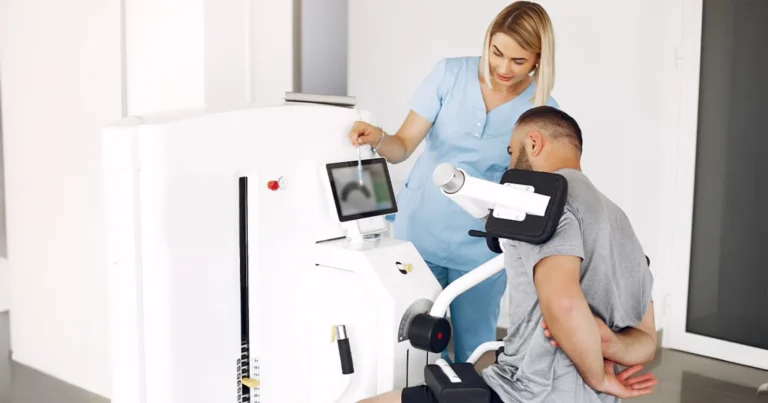Book Appointment Now

Is Parkinson’s Disease Genetic? Key Facts to Know
Parkinson’s disease is a progressive neurological disorder that primarily affects movement, causing tremors, stiffness, and difficulty with balance and coordination. While the exact cause of Parkinson’s disease remains unclear, both genetic and environmental factors are believed to play a role. In this article, we will explore whether Parkinson’s disease is inherited, and what you need to know about its genetic implications.
Understanding Parkinson’s Disease
Parkinson’s disease is caused by the loss of dopamine-producing neurons in a region of the brain known as the substantia nigra. Dopamine is a crucial neurotransmitter that helps regulate movement, and its deficiency leads to the motor symptoms characteristic of the disease. However, the mechanisms underlying the development of Parkinson’s disease are complex and involve multiple factors.
Is Parkinson’s Disease Inherited?
The short answer is: it can be. While most cases of Parkinson’s disease are sporadic and occur without a clear family history, a smaller percentage of cases—estimated at around 10-15%—are linked to genetic mutations. These cases are referred to as familial Parkinson’s disease. Researchers have identified several genes associated with an increased risk of developing the disease.
Key Genes Linked to Parkinson’s Disease
Inheritance Patterns
When considering whether Parkinson’s disease is inherited, it’s important to understand the difference between familial and sporadic cases:
Environmental and Genetic Interactions
It’s crucial to understand that genetics alone does not determine whether someone will develop Parkinson’s disease. Environmental factors, such as exposure to pesticides, herbicides, and other toxins, have been shown to increase the risk of developing the disease. For those with a genetic predisposition, these environmental factors may trigger the onset of the disease or accelerate its progression.
Should You Get Genetic Testing for Parkinson’s Disease?
If you have a family history of Parkinson’s disease or are concerned about your genetic risk, you may consider genetic counseling or testing. Genetic testing can identify specific mutations associated with an increased risk of Parkinson’s, but it is not routinely recommended for everyone, as most cases are not linked to single-gene mutations. Consulting with a healthcare provider or a genetic counselor can help you better understand the potential risks and benefits of testing.
Conclusion: The Role of Genetics in Parkinson’s Disease
While Parkinson’s disease is not typically considered a strongly inherited disorder, genetics does play a role in a subset of cases. Understanding the genetic links to Parkinson’s disease is an evolving area of research that may one day lead to new therapies and personalized treatments. For individuals with a family history of Parkinson’s or concerns about their genetic risk, seeking guidance from medical professionals is the best course of action.
In the meantime, advancements in both genetic research and the understanding of environmental triggers are shedding light on the complex nature of Parkinson’s disease, offering hope for future breakthroughs in prevention and treatment.
For further reading, you may explore these resources:



